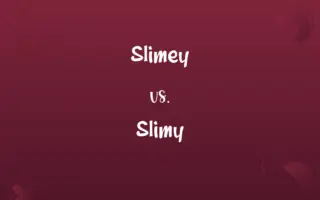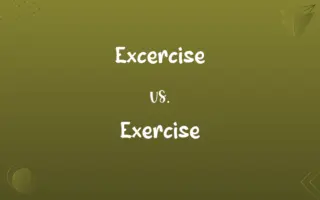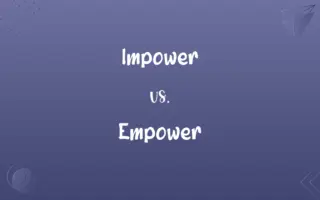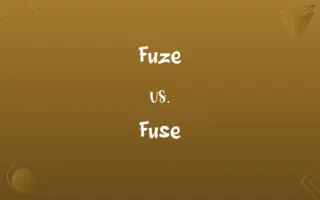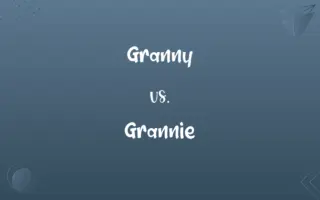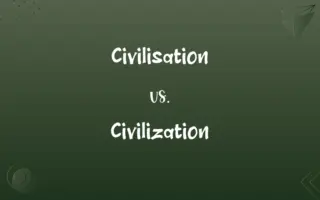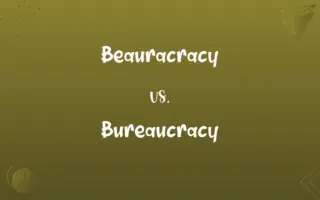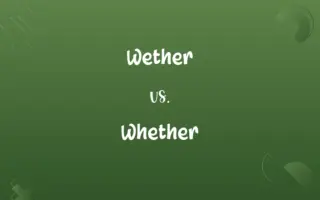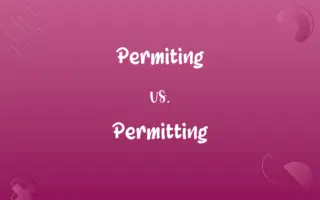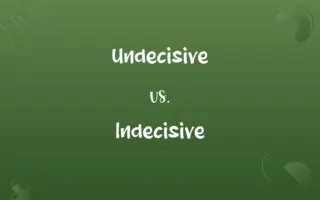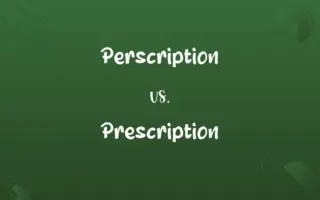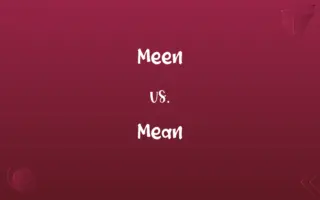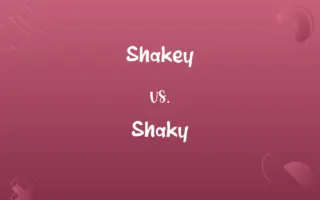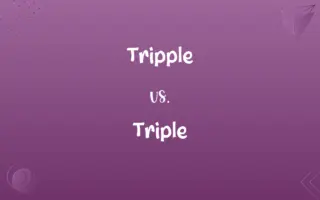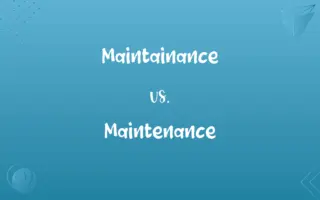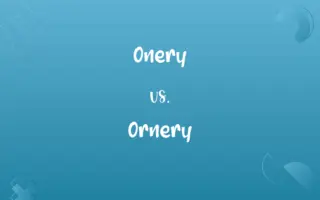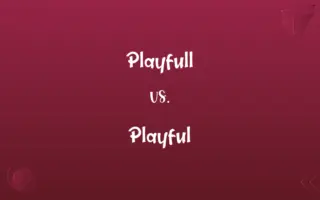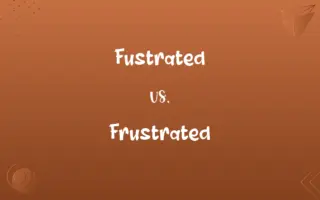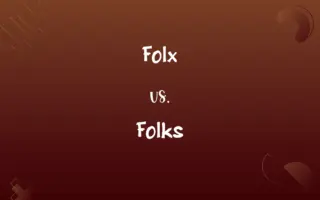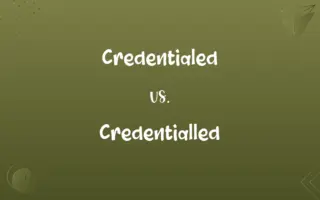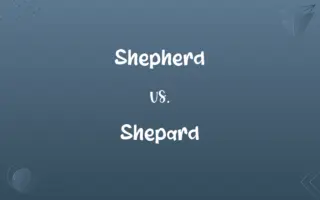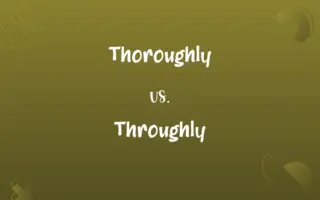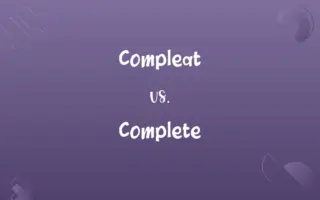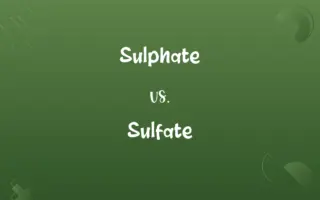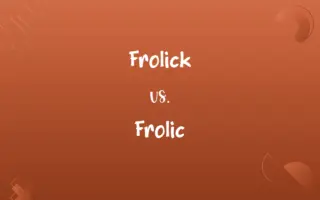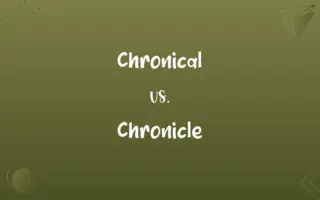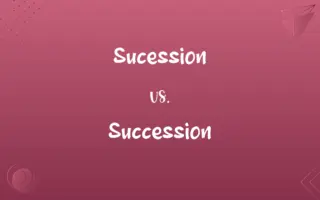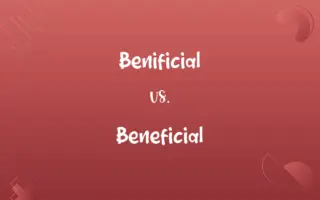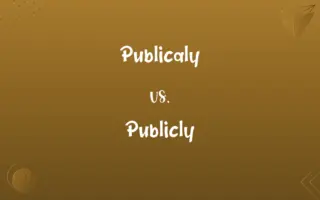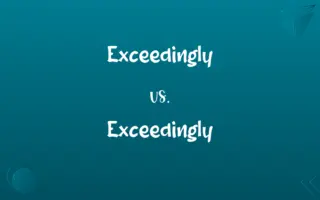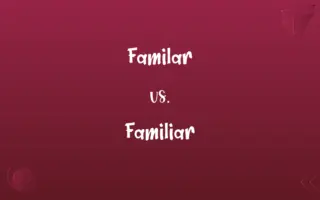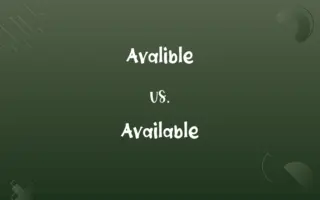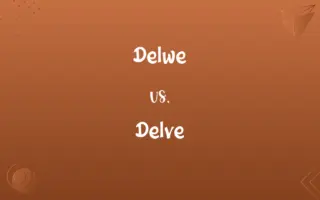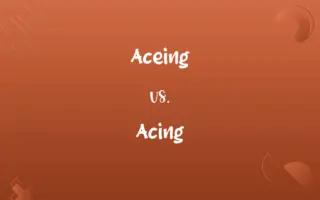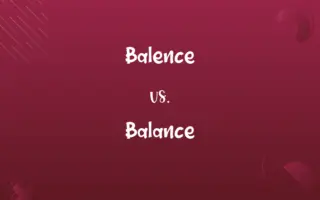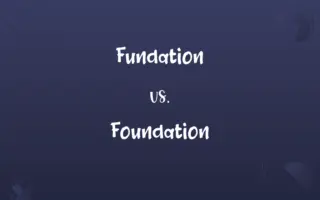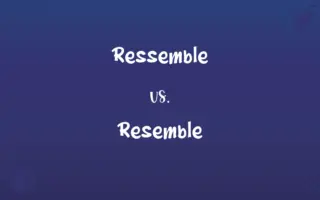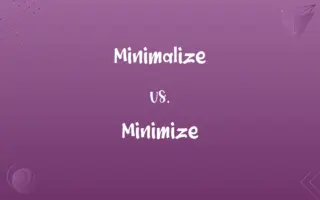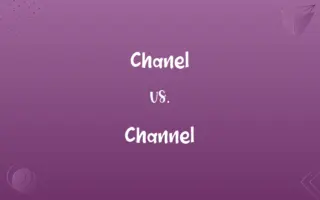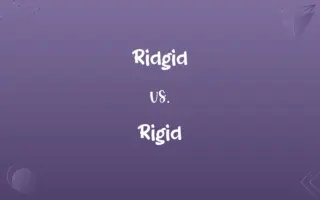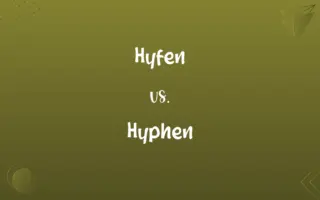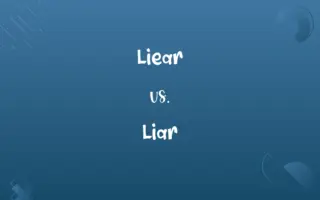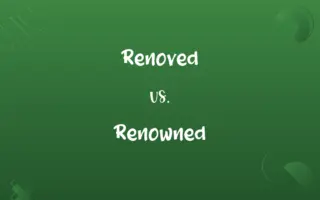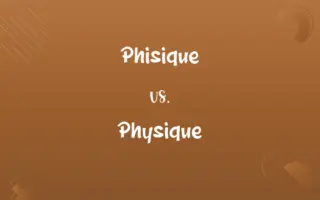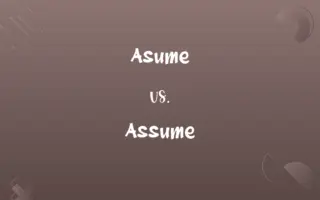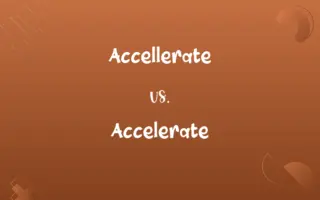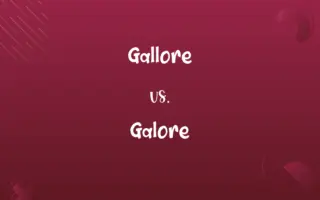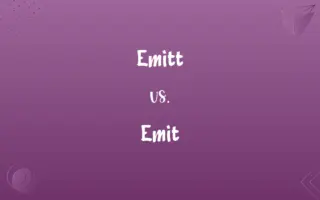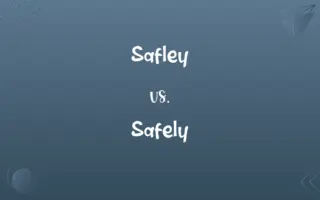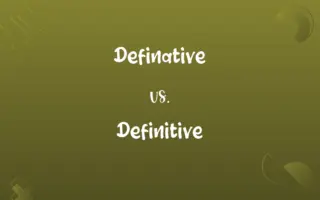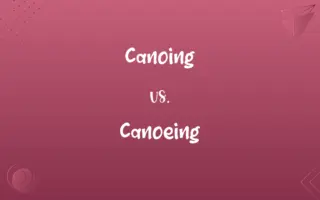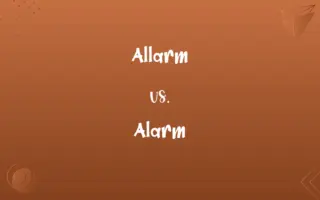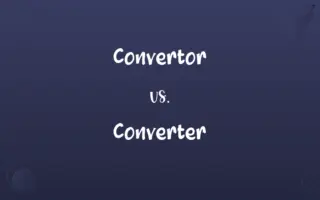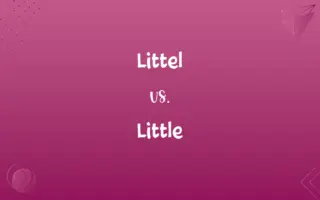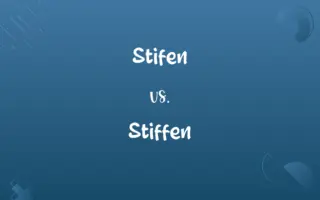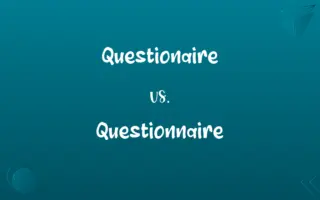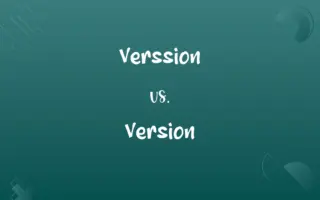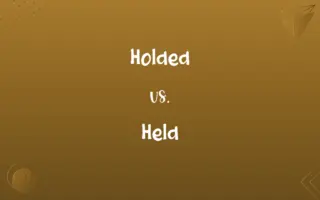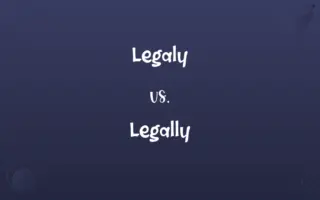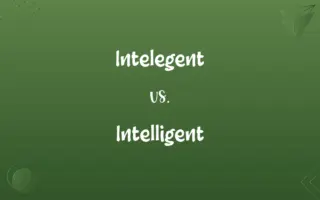Intresting vs. Interesting: Decoding the Right Spelling

By Shumaila Saeed || Published on December 25, 2023
Intresting is incorrect spelling while Interesting is correct, meaning arousing curiosity or holding attention.
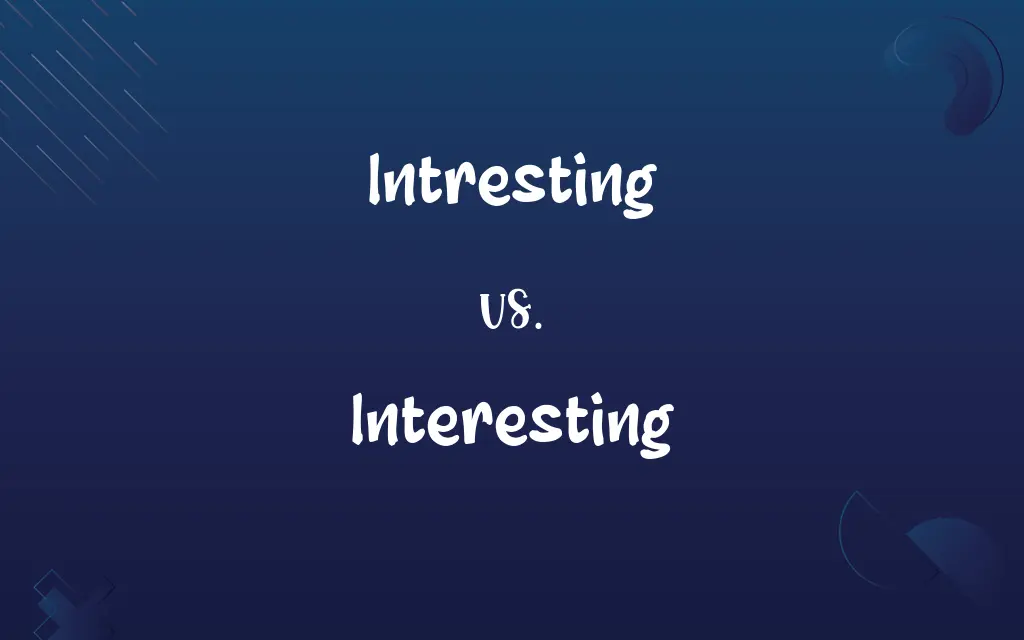
Which is correct: Intresting or Interesting
How to spell Interesting?

Intresting is Incorrect

Interesting is Correct
How to remember correct spelling of Interesting?
Associate "Interesting" with "resting," as both words have a similar rhythm and end with "-esting."
Shumaila Saeed
Dec 25, 2023
Visualize "Interesting" as "Interest-ing," focusing on the full word 'interest' plus '-ing,' unlike 'intresting.'
Shumaila Saeed
Dec 25, 2023
Think of "Interesting" as having an 'e' after 't,' similar to how 'e' often follows 't' in English words, like in 'extent.'
Shumaila Saeed
Dec 25, 2023
Link "Interesting" with "Interstellar," highlighting the 'inter' part to reinforce the correct spelling.
Shumaila Saeed
Dec 25, 2023
Remember that "Interesting" contains "inter," like "internet," which is also a source of interest.
Shumaila Saeed
Dec 25, 2023
Interesting Definitions
Being of interest to a wide audience.
The scandal became an interesting topic in the media.
Shumaila Saeed
Dec 13, 2023
Arousing curiosity or engaging attention.
The book offered an interesting perspective on history.
Shumaila Saeed
Dec 13, 2023
Holding or capable of holding one's interest.
The lecture was interesting, keeping the audience engaged.
Shumaila Saeed
Dec 13, 2023
Provoking thought or inquiry.
His theories about space were particularly interesting.
Shumaila Saeed
Dec 13, 2023
Arousing or holding the attention; absorbing.
Shumaila Saeed
Oct 19, 2023
(obsolete) Of concern; affecting, important.
Shumaila Saeed
Oct 19, 2023
Arousing or holding the attention or interest of someone.
Shumaila Saeed
Oct 19, 2023
(euphemistic) Pregnant.
Shumaila Saeed
Oct 19, 2023
Present participle of interest
Shumaila Saeed
Oct 19, 2023
Engaging the attention; exciting, or adapted to excite, interest, curiosity, or emotion; as, an interesting story; interesting news.
Shumaila Saeed
Oct 19, 2023
Arousing or holding the attention
Shumaila Saeed
Oct 19, 2023
Creating a desire to know more or learn.
The museum exhibit was so interesting that visitors spent hours exploring.
Shumaila Saeed
Dec 13, 2023
Repeatedly Asked Queries
Why do people often misspell Interesting as Intresting?
Many mistakenly omit the 'e' after 't' due to mispronunciation or hurried writing, leading to "Intresting."
Shumaila Saeed
Dec 25, 2023
How can one remember the spelling of Interesting?
Linking Interesting to the word "Interest" plus "-ing" can aid in remembering its correct spelling.
Shumaila Saeed
Dec 25, 2023
What is the correct spelling: Intresting or Interesting?
The correct spelling is "Interesting." "Intresting" is a common misspelling.
Shumaila Saeed
Dec 25, 2023
Does Interesting have multiple meanings?
Yes, Interesting can mean engaging, thought-provoking, or having widespread appeal.
Shumaila Saeed
Dec 25, 2023
Can Interesting be used in formal writing?
Yes, Interesting is suitable for formal writing, used to describe subjects or topics that are engaging or thought-provoking.
Shumaila Saeed
Dec 25, 2023
Is there a noun or verb form of Interesting?
The noun form is "interest," and the verb form is "interest" (to cause to be interested).
Shumaila Saeed
Dec 25, 2023
What is an antonym for Interesting?
Antonyms for Interesting include boring, uninteresting, and dull.
Shumaila Saeed
Dec 25, 2023
Can Interesting be used metaphorically?
Yes, it can metaphorically describe situations or ideas that are not literally interesting but provoke thought.
Shumaila Saeed
Dec 25, 2023
How does one use Interesting in a sentence?
For example, "She found the cultural differences she encountered on her trip very interesting."
Shumaila Saeed
Dec 25, 2023
What part of speech is Interesting?
Interesting is an adjective used to describe something that arouses curiosity or attention.
Shumaila Saeed
Dec 25, 2023
What is the origin of the word Interesting?
Interesting comes from the late 17th century, originating from 'interest' with the suffix '-ing,' indicating a continuous action or quality.
Shumaila Saeed
Dec 25, 2023
Why is understanding the correct spelling of Interesting important?
Correct spelling is essential for effective communication, especially in professional or educational settings, where clarity and accuracy are crucial.
Shumaila Saeed
Dec 25, 2023
What are common synonyms for Interesting?
Synonyms include captivating, engaging, intriguing, and compelling.
Shumaila Saeed
Dec 25, 2023
How is Interesting pronounced?
Interesting is pronounced as /ˈɪntrəstɪŋ/, with emphasis on the first syllable.
Shumaila Saeed
Dec 25, 2023
Is Interesting used in specific fields?
Yes, it's widely used across various fields to describe subjects or topics that capture attention or curiosity.
Shumaila Saeed
Dec 25, 2023
Share this page
Link for your blog / website
HTML
Link to share via messenger
About Author
Written by
Shumaila SaeedShumaila Saeed, an expert content creator with 6 years of experience, specializes in distilling complex topics into easily digestible comparisons, shining a light on the nuances that both inform and educate readers with clarity and accuracy.
